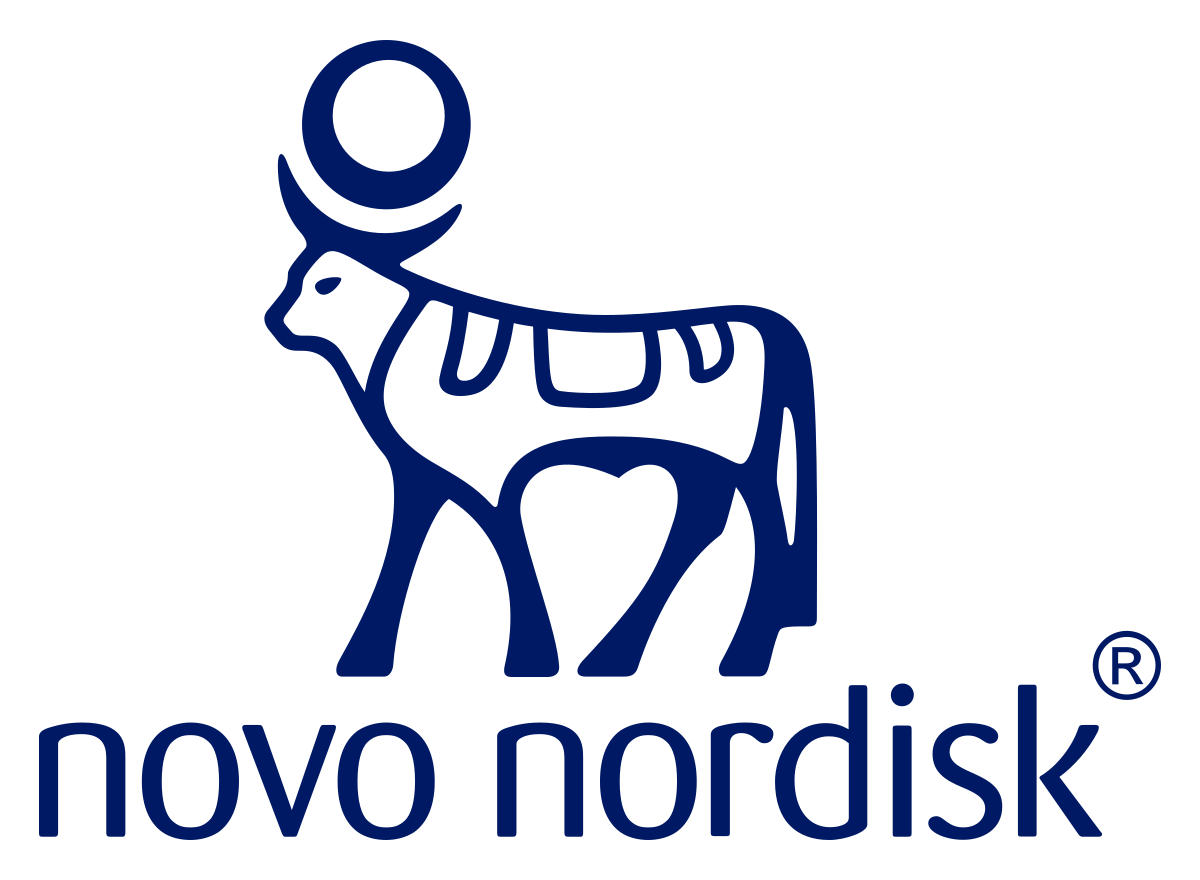Request Demo
Scrutinizing the Pricing of Diabetes Drug Ozempic: A Call for Fairness and Transparency
28 Jun 2024
In a recent and impactful tweet, U.S. Senator Bernie Sanders (I-Vt.) has harshly criticized the pricing strategy of the highly-watched diabetes drug Ozempic and its manufacturer, Novo Nordisk A/S. This event has once again thrust the issue of fairness and transparency in drug pricing into the spotlight.
In his Wednesday tweet, Sanders detailed his concerns about the pricing of Ozempic. He pointed out that the drug is priced much higher in the U.S. than in other countries, with American consumers paying billions of dollars annually, a staggering 10-15 times more than what consumers in other nations pay. This massive price difference has left many Americans shocked and outraged, questioning why they must bear such a heavy economic burden for the same medication.
"Ozempic is likely to become one of the best-selling drugs in history, yet its manufacturer Novo Nordisk is making massive profits from American consumers through its high-pricing strategy," Sanders wrote in his tweet. "This unfair pricing strategy not only imposes a huge economic burden on American consumers but also exposes the serious problems in the pharmaceutical market."
Sanders' criticism of Ozempic's high costs is not the first of its kind. As early as March this year, he had expressed concerns about the "outrageous" price of the drug and considered holding a hearing on the issue. As the chair of the Senate Health, Education, Labor and Pensions (HELP) Committee, Sanders has been dedicated to driving reforms in the healthcare sector to ensure patients have access to high-quality and affordable medical services.
After Sanders' strong protest, Novo Nordisk CEO Lars Fruergard Jørgensen finally agreed to testify in the Senate and provide explanations and clarifications on the pricing of Ozempic. Prior to the agreement, there had been a heated public debate over the arrangements for the hearing. Sanders' team accused Novo Nordisk of not cooperating, while the company insisted that it was willing to provide the necessary evidence and information for the hearing.
In fact, the high cost of Ozempic is not an isolated case. Similar price discrimination phenomena are common in the pharmaceutical market. Some pharmaceutical companies often set different price standards in different countries and regions to maximize their profits. This practice not only leaves consumers confused and dissatisfied but also exacerbates the global inequality in access to medical resources.
Governments and international organizations are strengthening regulations and cooperation to promote fairness and transparency in the pharmaceutical market to address this issue. For example, the World Health Organization (WHO) has repeatedly called on governments to strengthen the regulation and control of drug prices to ensure that patients have access to reasonably priced medications. At the same time, some countries and regions are actively exploring the establishment of drug price negotiation mechanisms to reduce drug prices through collective bargaining.
With the push from political figures like Sanders, the issue of fairness and transparency in the pharmaceutical market is expected to receive more widespread attention and solutions in the future. We look forward to a more fair and transparent pharmaceutical market that allows every patient to access high-quality and affordable medical services.
For more details,please visit the original website
The content of the article does not represent any opinions of Synapse and its affiliated companies. If there is any copyright infringement or error, please contact us, and we will deal with it within 24 hours.
Organizations
Indications
Targets
-AI Agents Built for Biopharma Breakthroughs
Accelerate discovery. Empower decisions. Transform outcomes.
Hot reports
Get started for free today!
Accelerate Strategic R&D decision making with Synapse, PatSnap’s AI-powered Connected Innovation Intelligence Platform Built for Life Sciences Professionals.
Start your data trial now!
Synapse data is also accessible to external entities via APIs or data packages. Empower better decisions with the latest in pharmaceutical intelligence.



